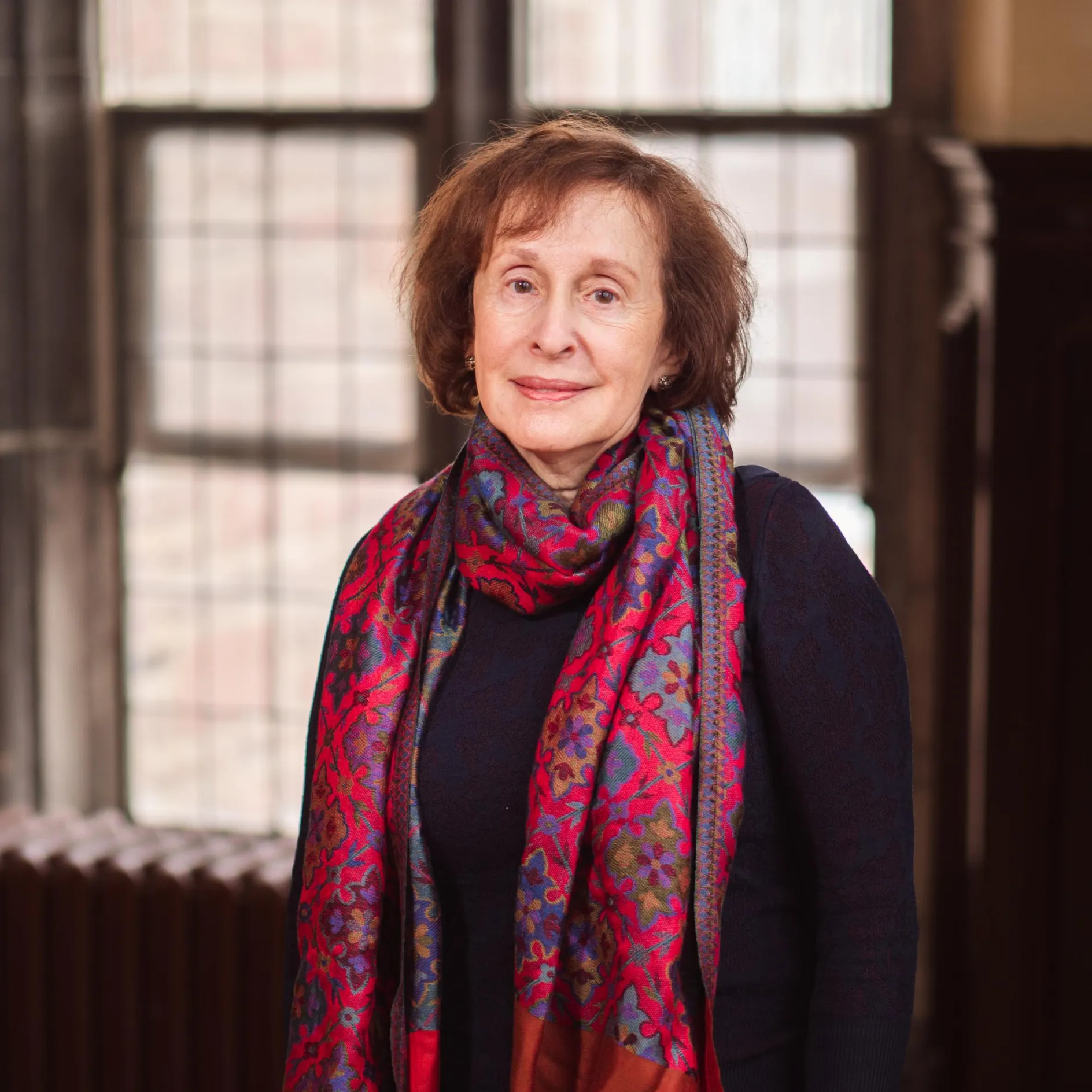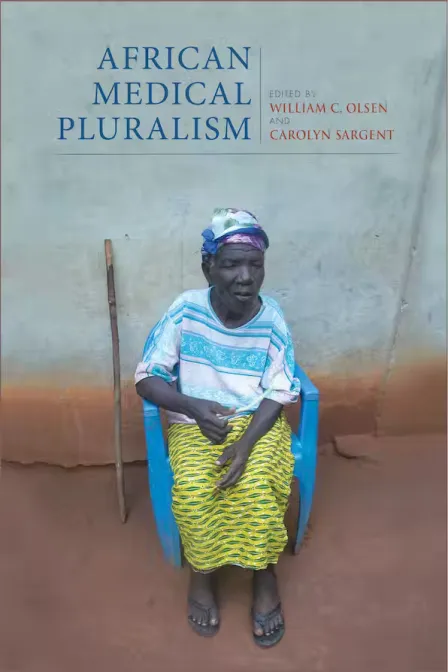Professor Sargent's research and teaching are primarily situated in the domain of gender and health, with a particular focus on reproduction, medical decision making, and the management of women's health in low-income populations.
Sargent has worked in West Africa (Benin, Mali), in Jamaica, and for the last seven years have been conducting fieldwork in France on reproduction and representations of family among migrants from the Senegal River Valley now residing in Paris. Most recently, her writing has focused on how colonial and postcolonial relations between France and its former West African colonies in the context of the global economy have shaped the policies and politics of state institutions responsible for managing immigrant populations. She is interested in how women-as migrants, wives and mothers-routinely negotiate these structures of inequality. Theoretically, she is interested in questions of agency, structure and resistance. She has also explored how Islam shapes the discourse of migrant men, especially those housed in worker hostels, provokes debates on women's autonomy in Europe and influences women's reproductive decisions and marital relations. Her research in progress involves West African and North African immigrants living with breast cancer in France, and the collective production of meanings about this condition. This project will explore how the experience of cancer leads to negotiations, reconfigurations, and reworkings of personal and family biographies.
She is past president of the Society for Medical Anthropology. Serving as president was an opportunity to better grasp the breadth and diversity of the field, and to participate in shaping the association's directions, projects, and structure.

